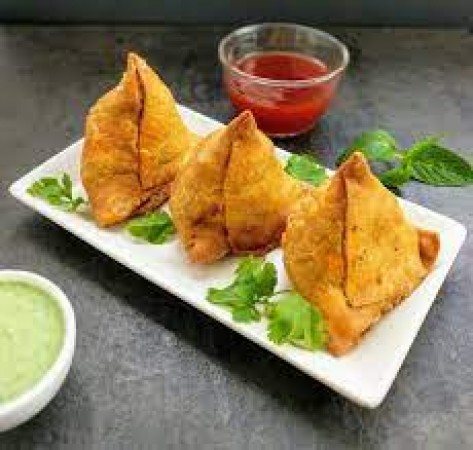
A contentious issue has arisen in Somalia around the samosa, a cherished and well-known delicacy enjoyed throughout the world. Although it is well-liked for its mouthwatering flavor and adaptability, its arrival in Somalia has sparked discussions and worries among the local populace. Let's explore the reasons why the samosa is despised in Somalia.
The socio-economic effects that samosas have had on regional enterprises and traditional cuisine are among the main causes of the controversy surrounding them in Somalia. There has been a rise in the importation of samosas from other nations, including those in the region, which has put local vendors in competition. Small-scale Somali vendors who rely on selling traditional snacks have difficulty competing with these imported samosas because they are frequently more affordable due to economies of scale.
The demand for locally produced snacks has decreased as a result of the rising popularity of imported samosas, which has an impact on the livelihood of individuals who have been selling traditional Somali dishes for decades. Many people in the neighborhood now feel their culture is being lost, and their financial situation has gotten worse.
Concerns about food safety and sanitary standards have also been raised as a result of the samosa's rising popularity. Consumers may run the risk of health problems if imported samosas don't always follow the same quality control standards as locally produced treats. Samosas' safety has been questioned by consumers due to reports of food contamination and foodborne diseases.
The cultural importance of food in Somalia also plays a role in the country's unfavorable image of samosas. Traditional Somali snacks hold a particular place in the hearts of the people, who place a high value on food in their culture and customs. There have been discussions regarding how to maintain the authenticity and distinctiveness of Somali cuisine after the introduction of mass-produced samosas.
The introduction of the samosa has also sparked worries about the potential loss of culinary expertise and knowledge among younger generations. Traditional cooking methods and recipes that have been handed down through generations run the risk of being eclipsed by the widely accessible and practical imported samosas.
It is important to understand that the samosa's existence in Somalia is not entirely unfavorable despite the controversy. Samosas are a popular food among Somalis, who value the diversity they add to their diets. In addition, the proliferation of samosas has sparked a culinary fusion as inventive versions of the snack have been developed that use regional flavors and ingredients.
Some local Somali groups and organizations are making efforts to support and promote traditional snacks and small-scale food companies in an effort to combat the problems that are brought on by imported samosas. Consumers are being made aware of the importance of sustaining regional culinary customs and patronizing local businesses.
Does ice cream really cool the body? Know why eating it in the summer is harmful
Quinoa Stuffed Bell Peppers: A Delicious and Nutritious Recipe